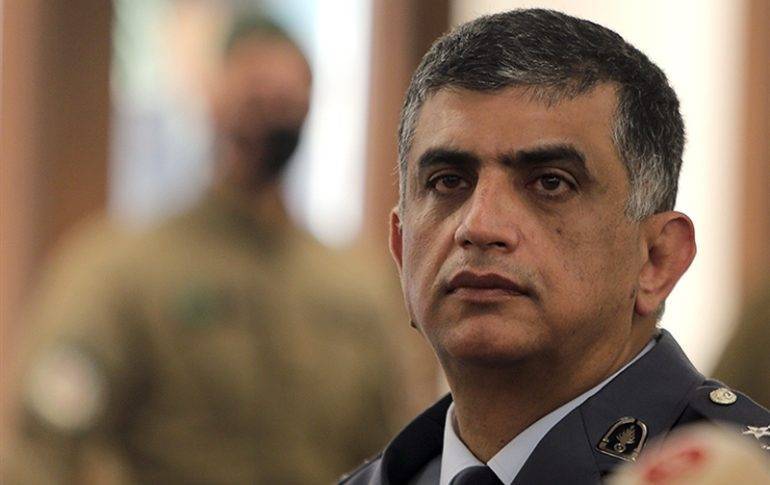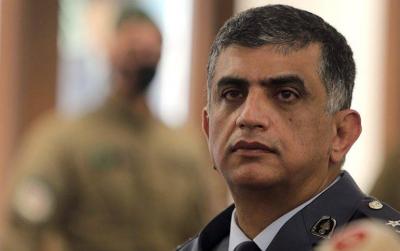The Director General of Internal Security Forces, Major General Imad Othman, affirmed that self-security is prohibited and chaos will not be allowed in Lebanon. He noted that the Internal Security Forces are being unjustly criticized, emphasizing that the shame lies in the silence of the people regarding this issue. He pointed out that some wonder how the institution has remained resilient despite all the difficulties, as if they seek to replace it, appearing as though "the suspicious person is about to say, 'Take me.'" In a comprehensive interview with "Al-Amn," Major General Othman clarified that he does not interfere in judicial matters and that the memorandum he issued is directed at officers, sergeants, and personnel to understand their duties. He affirmed that ensuring the functioning of public services is necessary, and that the judiciary's suspension does not mean they stop pursuing and arresting criminals.
He emphasized that human rights in prisons are a red line for him, and any personnel who wrongs a detainee or prisoner will face legal accountability and disciplinary punishment. He pointed out that guiding prisoners is not the institution's responsibility, and emphasized that the number of Internal Security Forces personnel is insufficient to perform all tasks across Lebanon.
In the interview, Major General Othman was asked how they managed to avert dangers for Lebanese citizens and residents despite the significant challenges faced by officers and personnel. He highlighted that their success comes from the cooperation of citizens under their guiding slogan: "Together for a Safer Community," asserting that even in difficult times, humanity remains inherent in individuals, and he believes Lebanon can rise from its crises.
He clarified that when he says citizens assist in security, this does not imply self-security. He stated that the Lebanese, by nature, do not embrace criminality. The role of law enforcement encompasses security forces, the judiciary, municipalities, governors, and citizens. He described the need for cooperation, especially during the COVID-19 pandemic, where their guidance was crucial to adhere to health guidelines.
Additionally, he responded to the self-security initiatives taken by certain municipalities, explaining that while every citizen is a guardian, it does not mean carrying weapons. He clarified that such practices are not permitted, as law enforcement should handle security matters, with collaboration from local authorities.
The Major General discussed the importance of responding promptly to emergency calls received on the emergency number 112, and he indicated that his forces monitor response performance to ensure accountability. He responded to criticism regarding a recent incident by stating that they would not tolerate self-security practices, emphasizing the importance of maintaining public order and preventing chaos.
He shared his sentiments regarding the current situation, indicating that citizens want security and stability, reminiscing about the civil war and its impact, stressing thatn the desire for a functioning state remains paramount. Regarding personal weapons, he acknowledged their presence and the associated dangers, especially given the societal issues that lead to violent confrontations.
Regarding the current staffing levels within the internal security forces, he acknowledged that it is insufficient, highlighting concerns over public perception of the security ranks and the need for respect and recognition of their rule of law.
Major General Othman concluded by addressing the ongoing issues in the justice system, stating that despite the challenges posed by judicial strikes, justice is never obstructed. He reassured that the Internal Security Forces remain vigilant against all forms of crime and continue to strive for both public safety and their institutional responsibilities.
He expressed pride in the internal security institution's efforts and its collaboration with international bodies and nations to uphold security. Finally, he called on the authorities to focus on improving healthcare services for security personnel and emphasized the urgency of implementing preventive measures to curb traffic accidents, invoking a need for cultural shifts around road safety.
In closing, he offered his wishes for a better year to all Lebanese citizens, reaffirming his commitment to serving and protecting the community.




